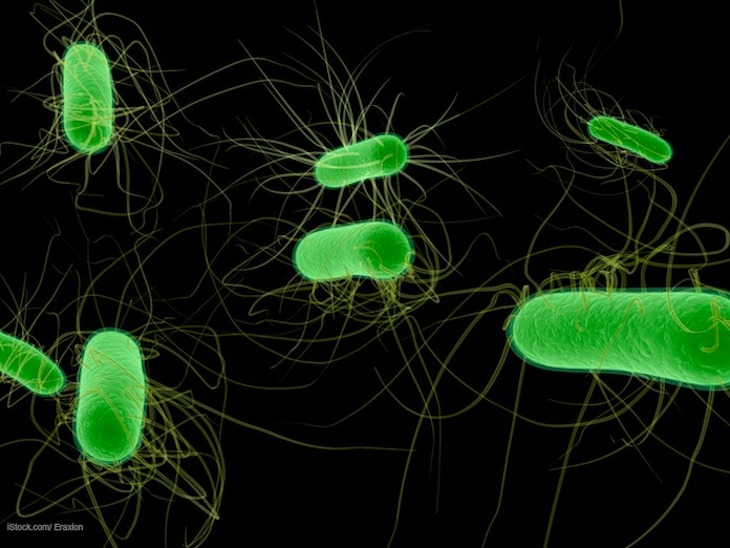Researchers at Purdue and Kansas State University have developed new rapid tests for E. coli detection to improve food safety. This will hopefully reduce the number of illnesses caused by this pathogen and save lives.

The Kansas State project detects Shiga toxin-producing E. coli in ground beef. The traditional standard test for STEC can take as long as a week to get results, which means that people can get sick before a recall can be announced.
This new method takes just one day to obtain confirmatory results. The method uses a “partition-based multichannel digital polymerase chain reaction system.” Jamie Henningson, director fo the Kansas State Veterinary Diagnostic Laboratory, said in a statement, “We believe the new digital polymerase chain reaction detection method developed in this study will be widely used in food safety and inspection services for the rapid detection and confirmation of STEC and other foodborne pathogens.”
The study was published in the Journal of Clinical Microbiology. The technology is covered by a U.S. Patent.
The technology developed at Purdue is a portable device that works with laptops and smartphones for on-site testing for E. coli in food samples. The method uses a bioluminescence-based assay that can find E. coli in food, especially ground beef, when paired with the device.
The silicon photomultiplier (SiPM) device uses low light from the assay to find the pathogens. The beef is incubated with an enrichment liquid that contains a modified phage. The phage infects harmful pathogens so that when a substrate is added, the bacteria emit light that is detected by the SiPM. An electrical circuit with an amplifier, comparator and micro controller sends that data to computers through Bluetooth. This research is published in the January edition of Applied Optics.
Euiwon Bae, a senior research scientists of mechanical engineering in Purdue’s College of Engineering, who developed the technology along with Bruce Applegate, a professor of food science in Purdue’s College of Agriculture, said in a statement, “Our goal is to create technology and a process that allows for the cost-effective detection of the causes of foodborne illness using an easy, expedient and efficient process. This time frame allows for better integrated detection and quicker action to stop more people from getting sick.”
Hopefully these new rapid tests for E. coli detection will assist the government when investigating outbreaks and issuing food recalls.




